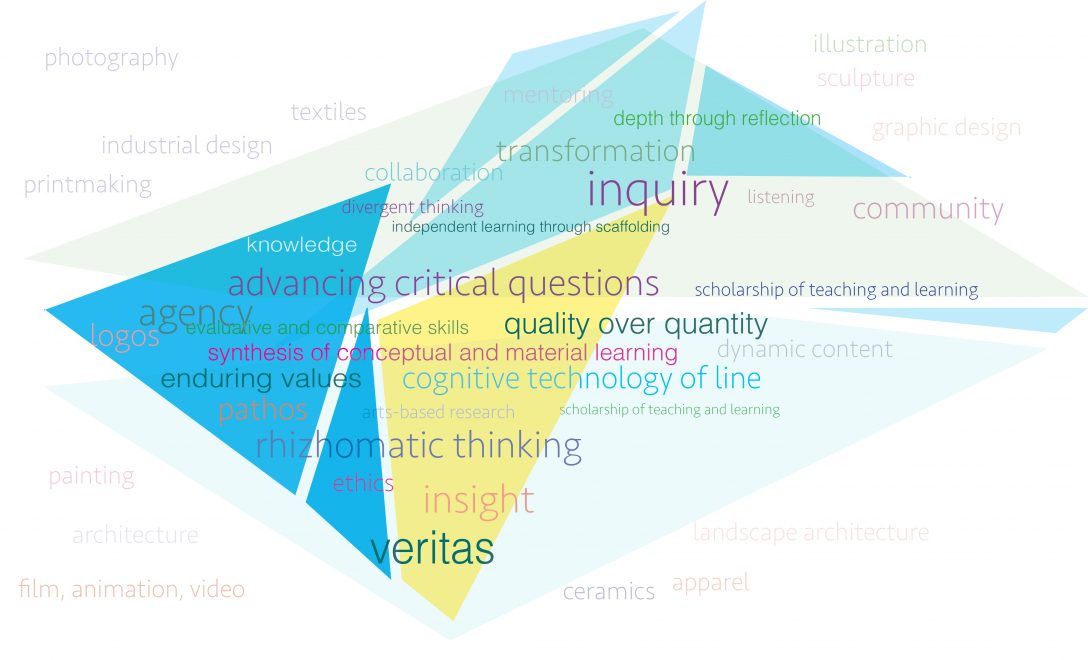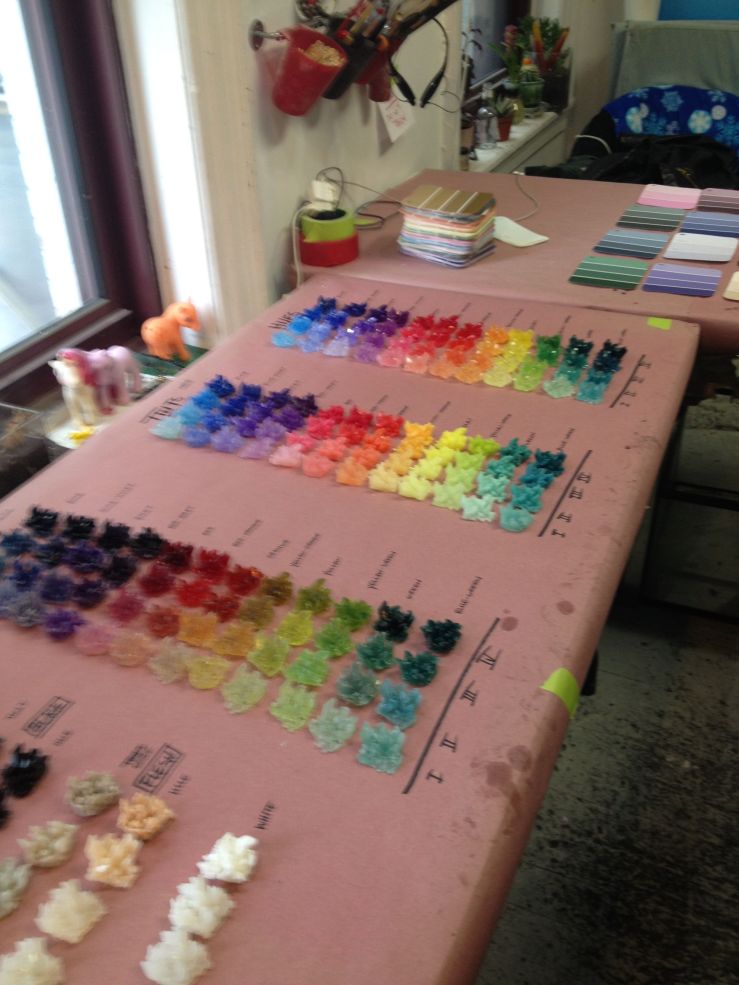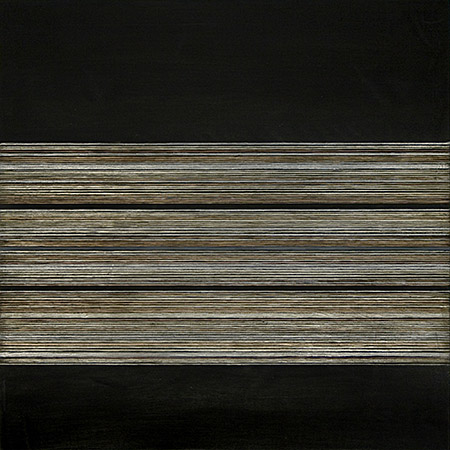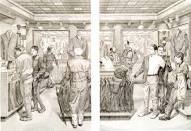SEMINARS
_____________________________________________________________
COLLEGIATE TEACHING SEMINARS
TLAD now offers three graduate elective collegiate teaching courses. Collegiate Teaching: Preparation and Reflection is a semester-long professional course for artists, designers, architects, and educators and is designed for graduate students who plan to teach during their course of study at Rhode Island School of Design and it includes a video-taped individual teaching practice session. Collegiate Studio: Discipline-centered Learning uses RISD as a site for the exploration of strategies for studio-based teaching and learning. It incorporates effective teaching presentations through micro-teaching sessions. These courses draw upon the expertise and teaching methodologies of RISD faculty and visiting faculty and scholars from other institutions to provide graduate students with access to both fundamental and innovative models of practice. Each incorporates visiting faculty and Brown University Harriet W. Sheridan Center public lectures on teaching and learning. TLAD offers two one year graduate programs for those interested in education in the arts: the MAT program for teachers in K-12 and the MA program for those interested in community art and design, non-profits and the arts and design, leadership in arts and design education, or a customized research program in arts and design education. Collegiate Practicum is required for all graduates who teach during WS and is automatically enrolled by the registrar. This is an active hands on practicum addressing in class situations and studio practice while teaching during WS.
_____________________________________________________________
Past Graduates’ Teaching Portfolios
Svetlana Bailey Teaching Portfolio 2015 (photography)
Stephanie Houde Teaching Portfolio 2015 (user experience)
Sakura Kelley Teaching Portfolio 2015 (photography)
Sarah Meadows Teaching Portfolio 2015 (photography)
Thalassa Raasch Teaching Portfolio 2015 (photography)
Padma Rajendran Teaching Portfolio 2015 (printmaking)
Kaichuan Wang Teaching Portfolio 2015 (furniture)
Emily Winter Teaching Portfolio 2015 (textiles)
Sirothia Teaching Portfolio (textiles)
Horton Teaching Portfolio (painting)
EliseKirkTeachingPortfolio (photography)
Kim Teaching Portfolio (furniture)
Lowe Teaching Portfolio (printmaking)
Kiggens Teaching Portfolio (landscape architecture)
Johnson Teaching Portfolio (architecture)
Branham_Teaching Portfolio (teaching + learning in art + design)
Laurion Teaching Portfolio (Interior architecture)
Bender Teaching Portfolio (Interior Architecture)
Cole Teaching Portfolio (Printmaking)
Denny_Final Teaching Portfolio (Photography)
Claudia OSteen. Teaching Portfolio (Digital Media)
Allison Baker Teaching Portfoliol (Sculpture)
Adam Porter_Teaching Portfolio (Printmaking)
Khanh Luu_Teaching Portfolio (Interior Architecture)
Anya_Sellsted Teaching Portfolio (Architecture)
____________________________________________________________
Resources
Teaching Philosophy Readings and Guide
http://cei.umn.edu/support-services/tutorials/writing-teaching-philosophy
sotl-in-higher-education-marian-mccarthy
2016 Best Practices in Course Descriptions
How to Persuade with Ethos Logos and Pathos by Lincoln Mullen http://chronicle.com/blogs/profhacker/how-to-persuade-with-ethos-pathos-or-logos/35431
RISD Academic Affairs syllabus_guidelines
Sheridan Center Constructing a Syllabus
Teaching Goals Inventory and Self- Scorable Worksheet
Conditions Under Which Assessment Supports Students’ Learning
Developing a Philosophy of Teaching Statement
The Listening Mind Doree Allen
Paricio Grading Rubric for Assignments
Evaluation of Syllabus Total of 100 points
Baker Sample Interview Questions
Creative Thinking Value Rubric
Fundamentals of College Teaching Mintz
Classroom Assessment Techniques by Angelo and Cross
Curriculum Development in Studio Teaching Zehner , Forsyth, Musgrave, Neale, de la Harpe, Peterson, Frankham
Brian Hayden, Sheridan Center for Teaching and Learning Teaching to Variation
A Handbook for Teaching and Learning in Higher Education Enhancing Academic Practice Heather Fry, Steve Ketteridge, Stephanie Marshall
Innovative Higher Education is a refereed scholarly journal that strives to package fresh ideas in higher education in a straightforward and readable fashion. The four main purposes of Innovative Higher Education are: (1) to present descriptions and evaluations of current innovations and provocative new ideas with relevance for action beyond the immediate context in higher education; (2) to focus on the effect of such innovations on teaching and students; (3) to be open to diverse forms of scholarship and research methods by maintaining flexibility in the selection of topics deemed appropriate for the journal; and (4) to strike a balance between practice and theory by presenting manuscripts in a readable and scholarly manner to both faculty and administrators in the academic community.
____________________________________________________________________________________
2015 Color Research Syllabus
Wilton Great Age of Watercolors
______________________________________________
Megan Tamas (Sculpture MFA 2015) Color Research Project 2014
http://www.jongeriuslab.com Helle Jongerius 300 color vases 2010
COLOR_Natural History of the Palette_Finlay.
Wilton Great Age of Watercolors
COLOR_Natural History of the Palette_Finlay
Susan Schwalb “Interlunar Vibrations XXVI, 16″ x 16″ x 1.5”, 2012,
gold/aluminum/tin/silverpoint, acrylic, black gesso on wood.
Engravings by Andrew Raftery
Writing on Drawing
Essays on Drawing Practice and Research edited by Steve Garner
Porous Act of Drawing by Malone
Metal point Drawing: the History and Care of a Forgotten Art by Beth Antoine Metalpoint_Drawing_Antoine
A Visual Turn: Comics and Art after the Graphic Novel, Amy Peltz, Art in Print March-April 2013 pp. 8-14 Comics after the Graphic Novel
Fleshing Out Those Textbook Bones; Why Diagram Is A Dirty Word. Katrina Van Grouw Chronicle of Higher Education Review pp 13-16 March 22, 2013 Fleshing out Textbook Bones:Why Diagram is a Dirty Word
Jacqueline Humphriese Drawings http://www.greenenaftaligallery.com/artists/jacqueline-humphries/featured-works#46





